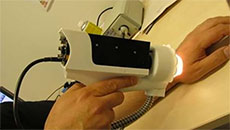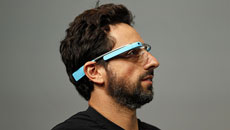The cars of the future will be safer, smarter and offer hi-tech gadgets but simultaneously the risk of car hacking is also growing, warns a road safety expert.
"If someone hacks into a vehicle's electronics via a wireless network and exploits the current security loophole, they can track or take control of it," said professor Andry Rakotonirainy from Queensland University of Technology's centre for accident research and road safety.
He researched the security systems of existing fleets, and future autonomous and connected cars and found there was little protection against hacking.
"The security protection on cars is virtually non-existent, it is at a level of protection that a desktop computer system had in the 1980s. The basic security requirements such as authentication, confidentiality and integrity are not strong," he explained.
What this means is that as vehicles become more and more connected and autonomous - with the ability to communicate to other vehicles through wireless networks - the threat of cyber attack increases putting people's safety and security at risk.
For example, all new cars are equipped with a technology called CAN-BUS, located under the steering wheel, allowing anyone to check the health of a vehicle and to control it.
"This CAN-BUS allows all micro-controllers within a car to communicate to each other and is accessible via a mere plug," he said.
It can be used to control almost everything such as the airbags, brakes, cruise control and power steering systems. CAN-BUS can be accessed locally or remotely with simple devices.
"This is just the tip of the iceberg as future cars will feature a tremendous mix of wireless networks and offer numerous opportunities to improve safety, entertainment and comfort," Rakotonirainy noted.
"It is vital for car makers, government and road safety experts to turn their attention to this global security threat," professor Rakotonirainy concluded.





